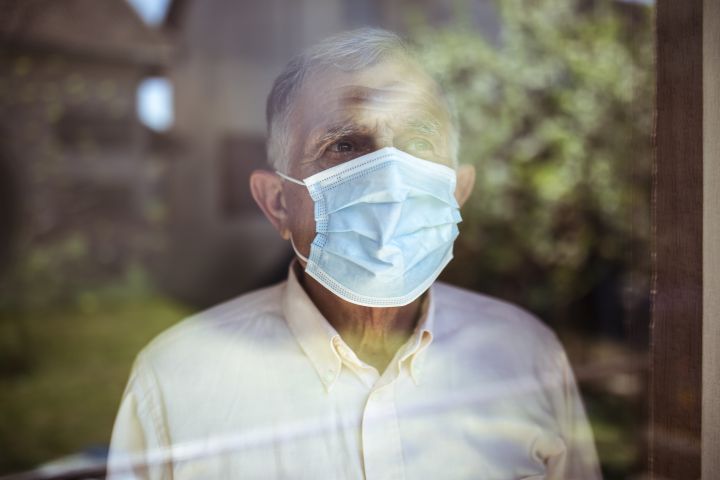Needless to say, 2020 is a year that has looked different for us all. With the virus forcing border closures and physical distancing placing strain on our social interactions, we have all come to know rather intimately the feeling of isolation. With a mental health epidemic expected to follow the stresses of life in lockdown, R U OK? CEO Katherine Newton says it is more important than ever to use our shared experience of loneliness to continue an open dialogue around mental wellbeing. Speaking with Inclusive Australia to discuss the evolving messaging of the iconic Australian suicide prevention campaign and how Covid-19 impacted R U OK? Day this year, Newton notes that the most positive thing to come from the pandemic in terms of mental health is the increased understanding. “People now know that R U OK? is not just a throwaway greeting, and we can better recognise the importance of reaching out to people during tough times,” she says.
After 12 years of campaigning around asking “are you okay?”, this year has seen R U OK? shift its focus onto the important conversation which follows that initial question. “We want to take people on a behaviour change journey,” says Newton, who aims to replace the fear and stigma around discussing mental health with confidence and empathy. R U OK? offers an abundance of free online resources via their website, to encourage all Australians to build their social literacy in order to better support those around them. This year, the downloadable content addresses the conversation following “are you okay?”, and provides step-by-step guidance on not only how to spot signs that someone is not doing well, but how to consciously follow up and continue checking in. Often, especially in Australia, we are scared to start these conversations for fear of getting it ‘wrong’, so we leave it alone rather than addressing it. Newton says that the beauty of R U OK? is that no matter the reason – whether it’s study pressures, financial strain or a breakup – everyone can relate to feeling like they lack the right words, which means “every cohort, age group and demographic can benefit from an ‘are you okay?’ conversation”.
The simplicity of the R U OK? campaign at its core can be credited to its success. Especially this year, the issue itself is complex enough, so it requires the manageable solution of having an “are you okay?” conversation. This has clearly resonated with the Australian public: this year saw record downloads of online resources for R U OK? Day on September 10th. Newton has been heartened to see the enthusiasm of workplaces working remotely who are committing to promoting the R U OK? message virtually; she has seen teams discuss conversation starters via Zoom, and people buying care packages for their colleagues to “let people know they still belong” despite working remotely. For the R U OK? team itself, this year has been markedly different. Usually an on-the-ground service which travels to regional communities to start conversations and direct people to mental health and wellbeing services, they have adapted to restrictions by bolstering their social media presence and ambassador programs to share more individuals’ stories. Despite the difficult subject matter and extenuating circumstances in 2020, Newton is proud that the messaging and reception around inclusion has remained “fun, hopeful and vibrant”.
Moving forward, R U OK? plans to continue encouraging Australians to have a greater intention to “do the asking”. After the elderly community became a key mental health demographic this year with many unable to see their families for months due to health precautions, Newton says that bringing the R U OK? storytelling to older Australians is the campaign’s next major target. Studies have shown that generally we are not as good at addressing older people – who grew up in an era where mental health was highly stigmatised – in these conversations, so it’s an area the campaign aims to improve upon. Ultimately, Newton says the aim of R U OK? Day will always be to encourage the nation to pause and reflect on their friends and support system, and year-round, the “intention is always to increase connection”.


For more information on R U OK? and its year-round campaign work, go to www.ruok.org.au
Let us know!

